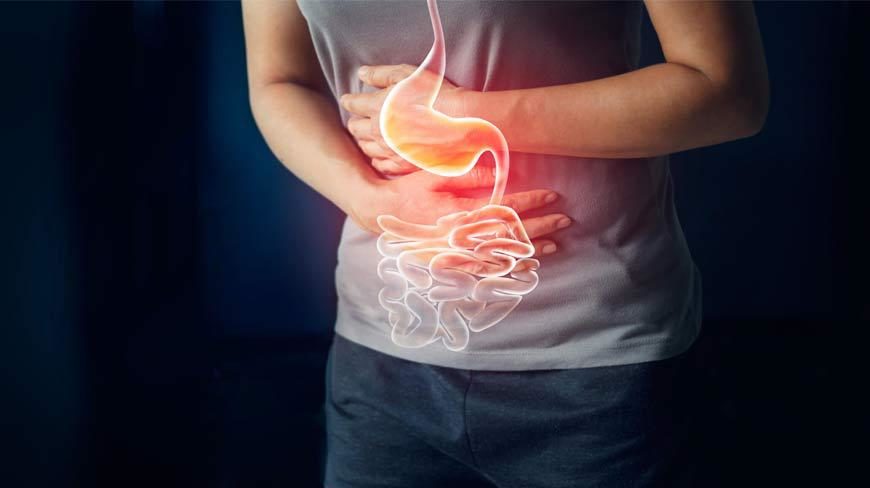Food digestion, nutrient absorption, and waste elimination are the functions of the complex network of organs that comprise the human digestive system. When any part of this system malfunctions, it can lead to discomfort, pain, or chronic illness. That’s where Gastroenterology—the medical speciality focusing on digestive health—plays a crucial role. Through advanced diagnostics and tailored treatments, gastroenterologists help patients overcome a wide range of digestive disorders, improving both overall health and quality of life.
Understanding Gastroenterology And Its Importance
Gastroenterology covers conditions affecting the oesophagus, stomach, intestines, liver, gallbladder, and pancreas. Common symptoms like bloating, nausea, heartburn, or irregular bowel movements can indicate deeper issues that require medical attention. Gastroenterologists use specialised tools such as endoscopy, colonoscopy, and imaging examinations to identify the root cause of these problems.
Disorders like acid reflux (GERD), irritable bowel syndrome (IBS), ulcers, and gallstones are frequently treated within this field. Timely diagnosis and management prevent these conditions from progressing into more serious complications. Lifestyle modifications, dietary adjustments, and medications often form part of a comprehensive treatment plan.
Modern gastroenterology also emphasises preventive care, encouraging routine screenings to detect conditions such as colon polyps or early-stage cancers before they become life-threatening. This proactive approach empowers patients to maintain digestive wellness and long-term vitality.
How Circulation Issues Like Varicose Veins Affect Digestive Health?
Although Varicose veins are primarily known as a vascular condition affecting the legs, circulation problems can indirectly impact digestive health as well. Proper blood flow is essential for nutrient delivery and organ function throughout the body, including the digestive tract. When circulation becomes sluggish, it can contribute to slower metabolism and even swelling in abdominal veins, potentially worsening haemorrhoids or rectal discomfort.
Both the vascular and digestive systems are closely connected. Poor vein health may increase abdominal pressure, influencing how blood drains from the lower digestive organs. This is why many patients with long-term circulation issues experience symptoms such as constipation or rectal pain.
By improving circulation through lifestyle habits—like staying active, maintaining a healthy weight, and eating fiber-rich foods—individuals can support both their vascular and digestive systems. When necessary, doctors may recommend minimally invasive treatments for varicose veins to restore proper blood flow and alleviate related discomfort.
Proctology’s Function In Digestive Care
PROCTOLOGY, which treats disorders of the rectum and anus, is another crucial field associated with digestive health. While often overlooked, these lower digestive tract disorders can greatly affect daily comfort and confidence. Common proctological issues include haemorrhoids, fissures, fistulas, and abscesses—many of which are caused or worsened by constipation, straining, or poor circulation.
Proctologists work closely with gastroenterologists to provide comprehensive care. For instance, when chronic constipation leads to rectal disorders, both specialists collaborate to treat the underlying cause while managing symptoms. Treatments may include medication, dietary changes, or minor surgical procedures, depending on severity.
Ignoring these problems may lead to infection, bleeding, or chronic pain. By seeking early intervention, patients can recover quickly and prevent future complications. Maintaining good rectal health through hydration, regular physical activity, and balanced nutrition is also essential for overall digestive function.
Common Digestive Disorders You Should Know
Several digestive disorders are common but often go untreated due to stigma or misunderstanding. These include:
- Acid Reflux (GERD): A disorder that causes heartburn and irritation when stomach acid regularly refluxes into the oesophagus.
- Irritable Bowel Syndrome (IBS): Characterised by abdominal pain, bloating, and irregular bowel habits. Stress and diet often play key roles.
- Peptic Ulcers: Sores that appear on the upper small intestine or stomach lining, typically brought on by a bacterial infection or long-term usage of specific drugs.
- Gallstones: Hardened deposits that can occasionally cause excruciating pain and digestive issues in the gallbladder.
- Inflammatory Bowel Disease (IBD): Chronic inflammation of the digestive tract, including crohn’s disease and ulcerative colitis.
Each of these conditions requires a unique treatment plan guided by a gastroenterologist. Early detection and lifestyle management remain central to recovery and prevention.
